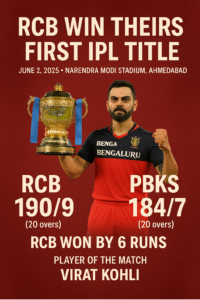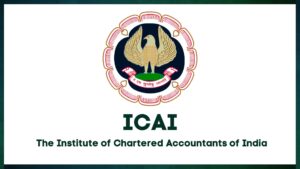
Table of Contents
Top 20 Digital Marketing Interview Questions and Answers
B2B (Business-to-Business) targets other businesses, often focusing on long-term relationships and informational content. B2C (Business-to-Consumer) targets individual consumers, often focusing on emotions and quick purchases.

1. What is Digital Marketing?
Digital marketing involves promoting products, services, or brands using online platforms such as search engines, social media, email, websites, and mobile apps. It allows businesses to reach a larger audience in a cost-effective and measurable way.
2. What is the difference between SEO and SEM?
SEO (Search Engine Optimization) is the process of optimizing a website to rank organically in search engine results. SEM (Search Engine Marketing) includes both SEO and paid advertising (PPC) to increase visibility on search engines.
3. What are keywords and why are they important?
Keywords are specific words or phrases that users enter into search engines. They’re important because they connect searchers with relevant content, and they help search engines understand what your content is about.
4. What is PPC advertising?
PPC (Pay-Per-Click) is a digital advertising model where advertisers pay each time their ad is clicked. It’s commonly used in platforms like Google Ads and Facebook Ads.
5. What is a landing page?
A landing page is a standalone web page designed specifically for a marketing campaign. Its main goal is to encourage visitors to take an action, like filling out a form or making a purchase.
6. What is the role of content in digital marketing?
Content is the backbone of digital marketing. High-quality, relevant content helps attract, engage, and convert visitors into customers through blog posts, videos, infographics, and more.
7. What is Google Analytics used for?
Google Analytics is a tool that tracks and reports website traffic. It provides insights into user behavior, demographics, traffic sources, conversions, and more.
8. What is CTR and how is it calculated?
CTR (Click-Through Rate) measures how often people click on your ad after seeing it. It’s calculated as:
CTR = (Clicks / Impressions) × 100
9. What is bounce rate?
Bounce rate is the percentage of visitors who leave a website after viewing only one page. A high bounce rate may indicate poor user experience or irrelevant content.
10. How does email marketing work?
Email marketing involves sending targeted emails to a list of subscribers to inform, promote, or build relationships. It’s effective for nurturing leads and driving conversions.

11. What is A/B testing in digital marketing?
A/B testing involves comparing two versions of a web page or ad to see which performs better. It helps in optimizing content, design, and user experience.
12. What is affiliate marketing?
Affiliate marketing is a performance-based marketing strategy where affiliates earn a commission for promoting another company’s products or services.
13. What is remarketing?
Remarketing is a strategy that targets users who have previously interacted with your website or app, showing them relevant ads to bring them back.
14. What is domain authority?
Domain Authority (DA) is a search engine ranking score that predicts how well a website will rank on SERPs. It ranges from 1 to 100, with higher scores indicating better ranking potential.
15. What is influencer marketing?
Influencer marketing involves collaborating with social media influencers to promote your brand, product, or service to their followers.
16. What are backlinks and why are they important?
Backlinks are links from other websites to your site. They signal trust and authority to search engines, helping improve your site’s SEO.
17. What are the latest trends in digital marketing?
Some current trends include AI-driven marketing, voice search optimization, video content, personalization, and chatbots.
18. What is mobile marketing?
Mobile marketing focuses on reaching users through mobile devices via SMS, apps, mobile-optimized websites, and social media.
19. How important is social media in digital marketing?
Social media helps build brand awareness, engage with audiences, drive website traffic, and generate leads or sales through organic or paid strategies.
20. What is the difference between B2B and B2C digital marketing?
B2B (Business-to-Business) targets other businesses, often focusing on long-term relationships and informational content. B2C (Business-to-Consumer) targets individual consumers, often focusing on emotions and quick purchases.
Final Tips
Stay updated with the latest marketing tools and algorithm changes.
Showcase real-world examples or certifications in your interview.
Practice explaining technical terms in simple language.


